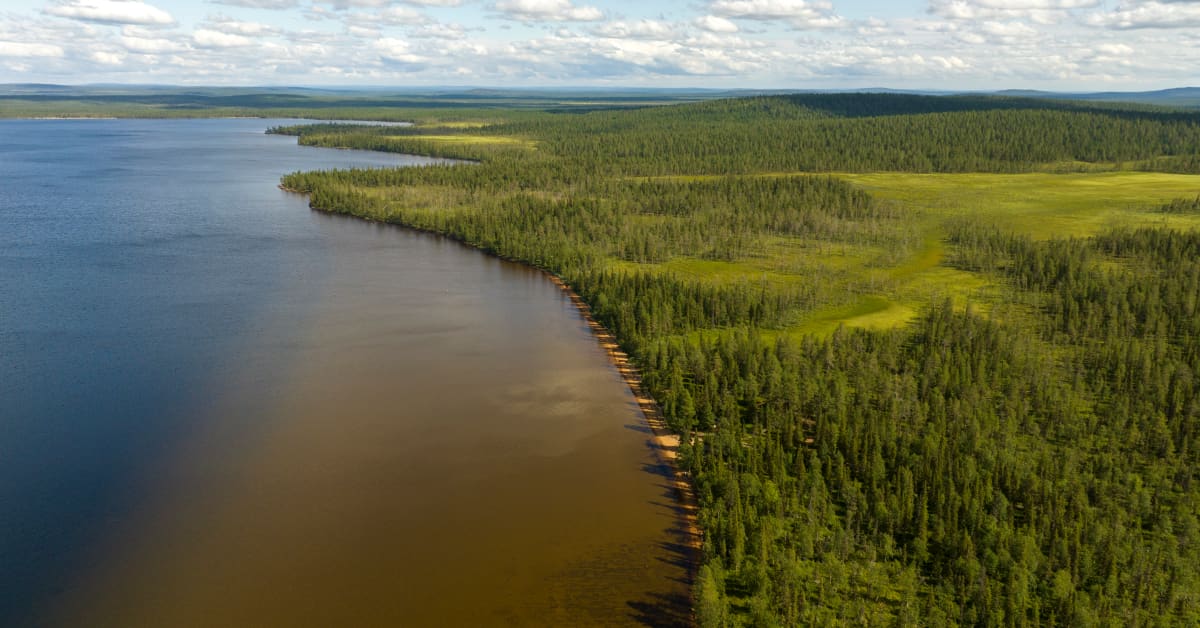Hikers visiting the Pallas-Yllästunturi National Park may notice that the area has hardly any rubbish bins. The move is part of an effort to promote litter-free hiking, according to Metsähallitus Outdoor Recreation and Visitor Manager Pekka Sulkava.
Park management removed the bins previously located in rest areas as well as shelters and lodges along the Pallas-Hetta route last winter. The goal is for all bins to be removed by next year.
According to Sulkava, the practice of hiking without leaving litter behind is steadily gaining popularity in Finland.
“Nature centres have also promoted the idea of litter-free hiking and sold plastic bags for carrying litter so that they don’t get scattered in people’s rucksacks. People have been buying the bags and at the moment it seems that the amount of rubbish at the park’s break areas has clearly decreased,” Sulkava said, adding that he has noticed a change in hikers’ attitudes towards littering in the past decades.
Finland’s natural resource management firm Metsähallitus says that the move has been welcomed by parkgoers.
“Litter-free hiking has become the norm, that everything brought gets taken away and that nothing is left here,” Tuuli-Anna Tuohimaa a hiker from the city of Pudasjärvi, near Oulu, told Yle.
“And you don’t really see any rubbish along the trails, seems like it has become a given,” co-hiker Jaakko Matero added.
Park rangers have also been installing more informational signs within parks and transitioning from traditional outdoor restrooms to ones that are more cost-effective to purchase and simpler to upkeep. All toilets have also been made unisex, meaning that they are no longer separated by gender.
“The unisex model means that the toilets get used more evenly, which reduces the need for maintenance and costs,” Sulkava noted, adding that “overall, the feedback has really improved this year.”
The number of visits to Finland’s national parks has levelled off from the record set in 2021. Some 595,000 people visited the Pallas-Yllästunturi National Park in 2022, down from nearly 700,000 in 2021.



I am not sure how removing the littler bins will help. Sure there are disciplined people trying to abide by laws and such, but the more a place gets popular, the more it attracts trash? It’s an odd choice to remove the means for people to dispose of their litter properly.
Perhaps there’a another angle to this?
Litter bins attract curious animals
Oooh. Should we just spread them out everywhere so they won’t congregate in the place? (I don’t know if I’m joking or not anymore)
If that is the point of view, then it should be OK, I guess? I mean, hiking is not that as popular a trash-magnet activity compared to crowd attractions like parks. Right?
You don’t understand the Finnish, they love their country and will do everything to protect it, even if it is nonsensical to the west
Including raking your forests to prevent forest fires?
I guess it speaks more to how many fins are cleanly by nature when it comes to their travel and camping?
Because, yeah, sure, above a certain critical mass this is good. Less animals plundering bins and so on.
Try that over here, and it’s the opposite. We need more bins so people stop throwing trash everywhere when there’s always a bin within arm’s reach pretty much.